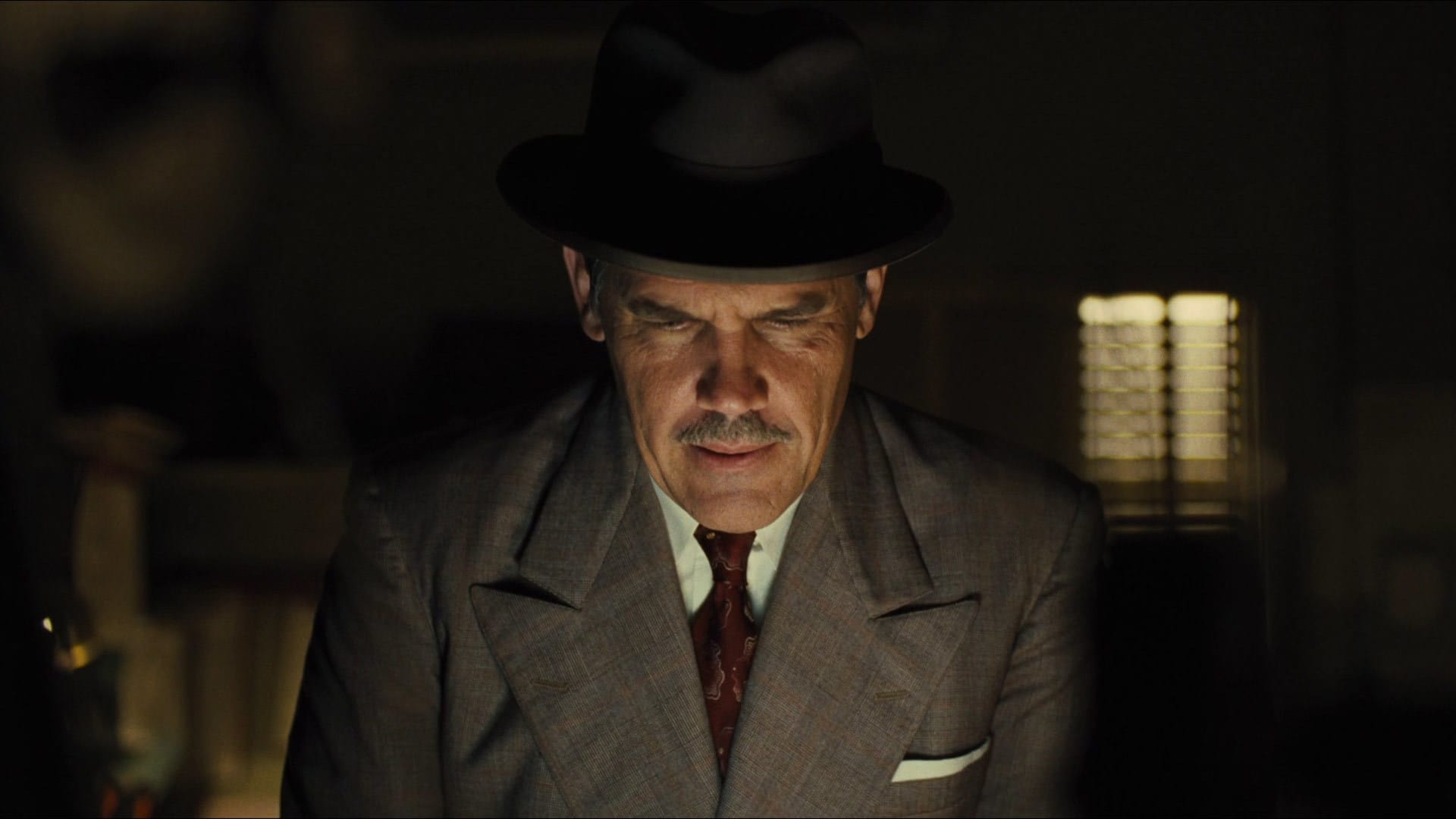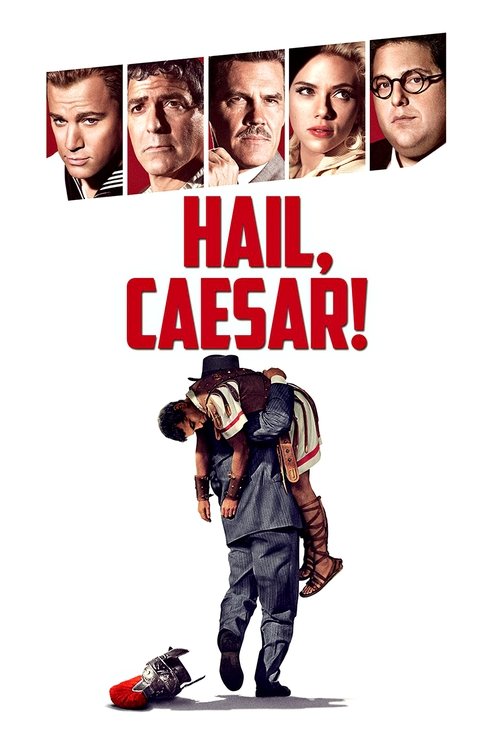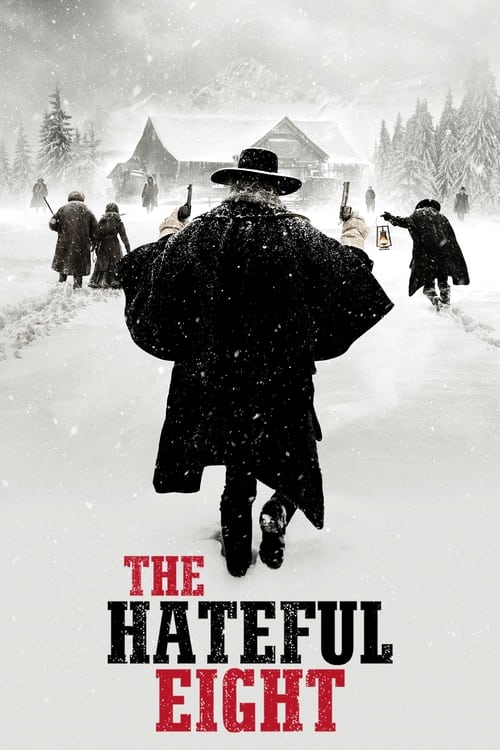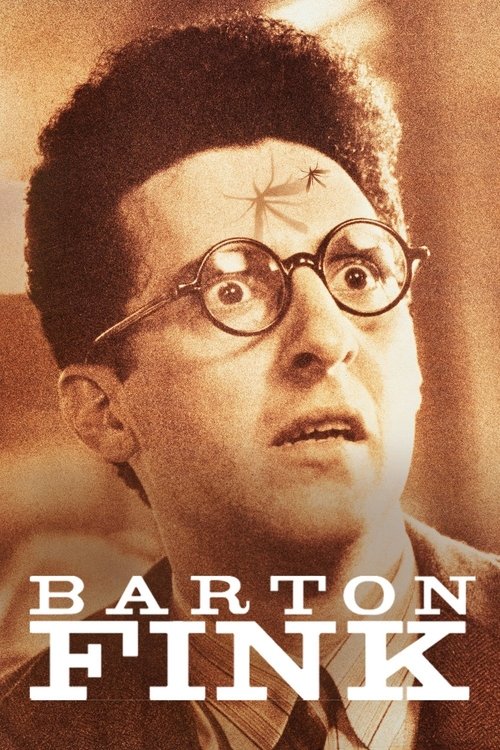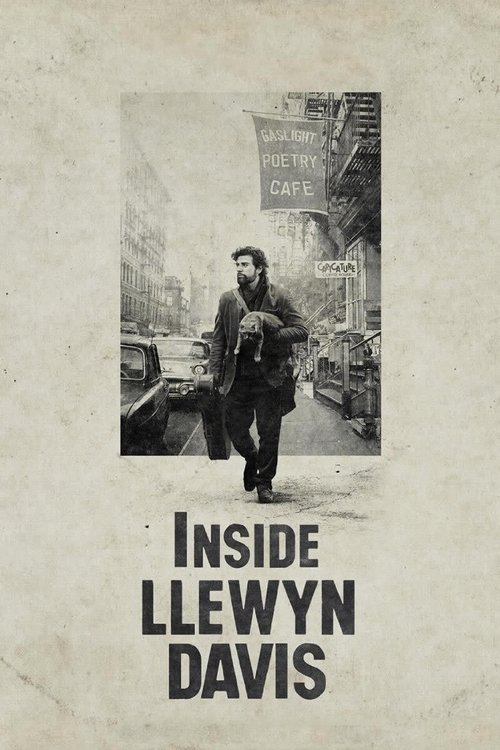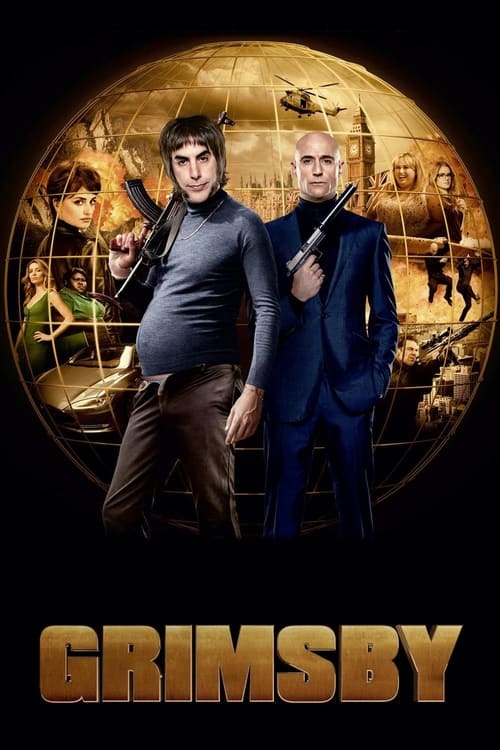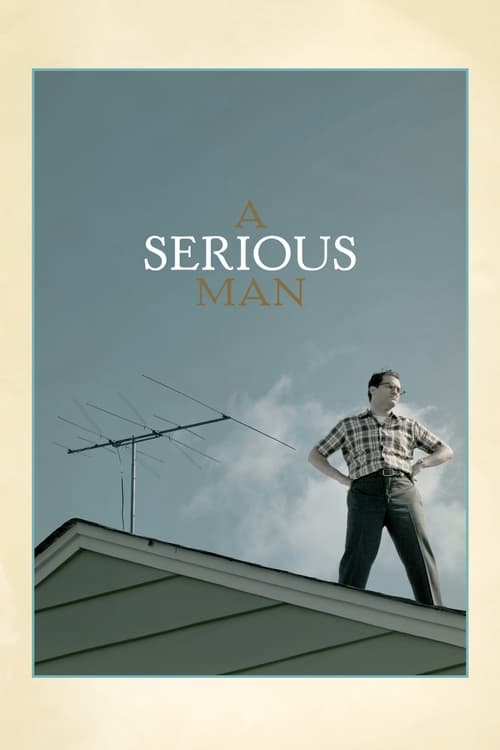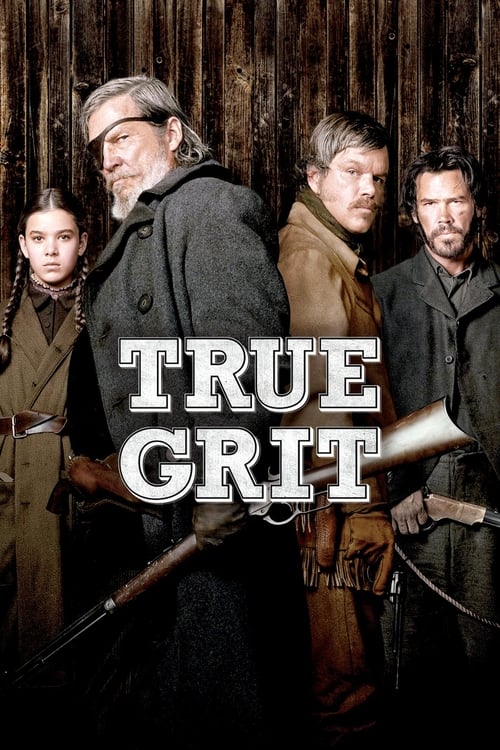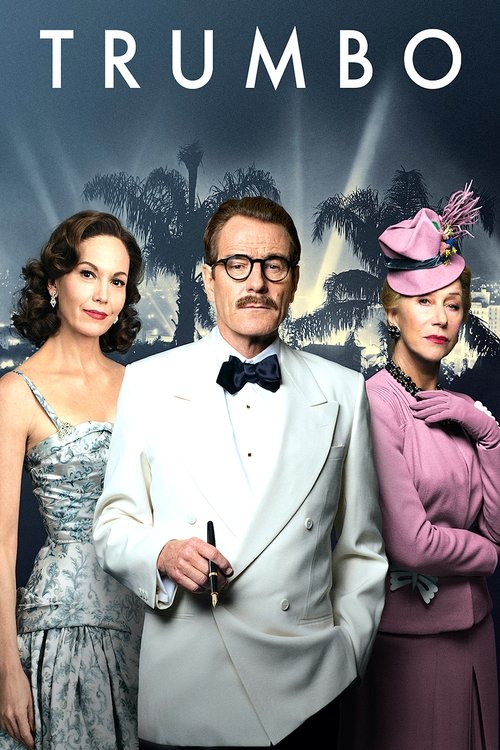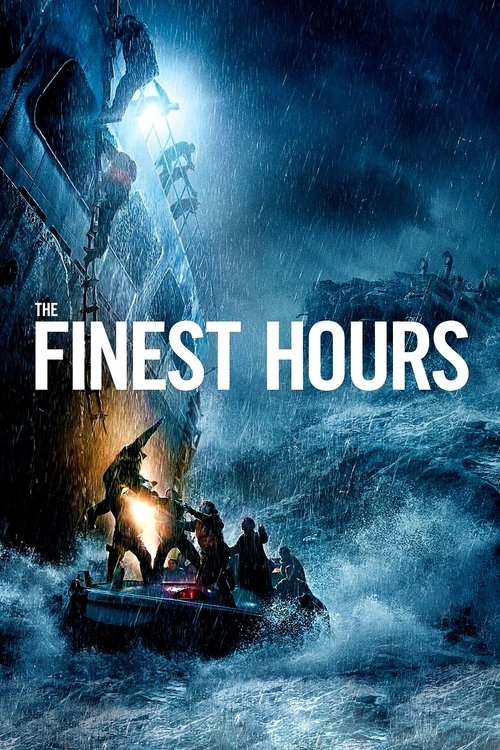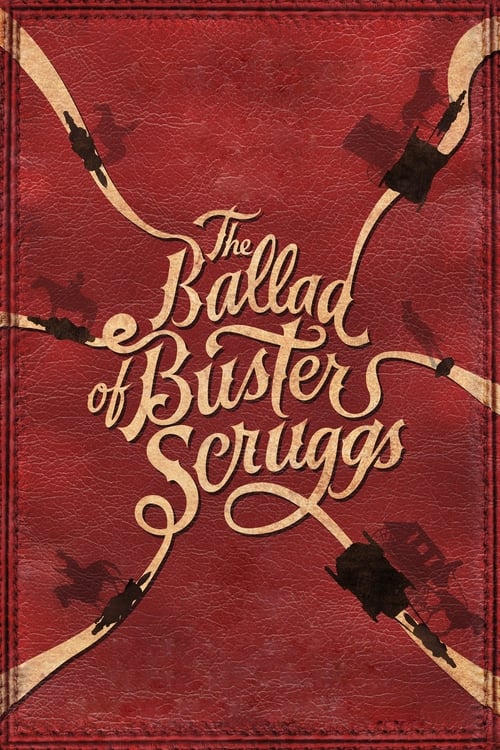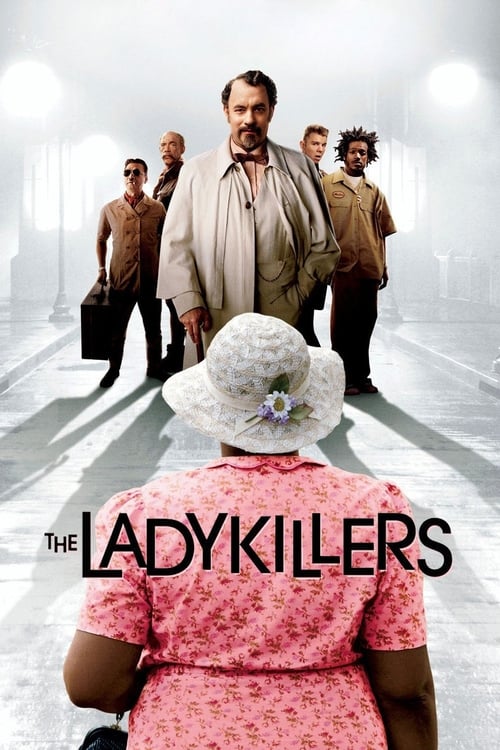Summary
When a Hollywood star mysteriously disappears in the middle of filming, the studio sends their fixer to get him back.
Cast
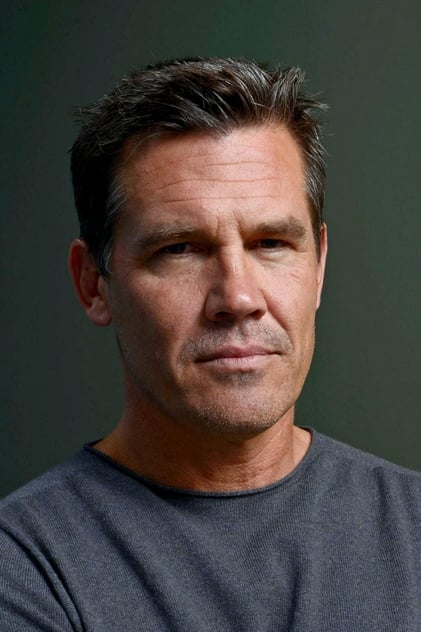
Josh Brolin
Eddie Mannix

George Clooney
Baird Whitlock
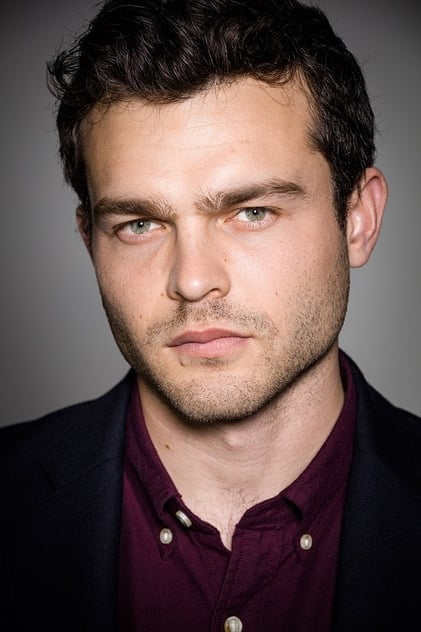
Alden Ehrenreich
Hobie Doyle

Ralph Fiennes
Laurence Laurentz

Scarlett Johansson
DeeAnna Moran

Tilda Swinton
Thora Thacker / Thessaly Thacker

Channing Tatum
Burt Gurney

Frances McDormand
C. C. Calhoun

Jonah Hill
Joe Silverman

Veronica Osorio
Carlotta Valdez
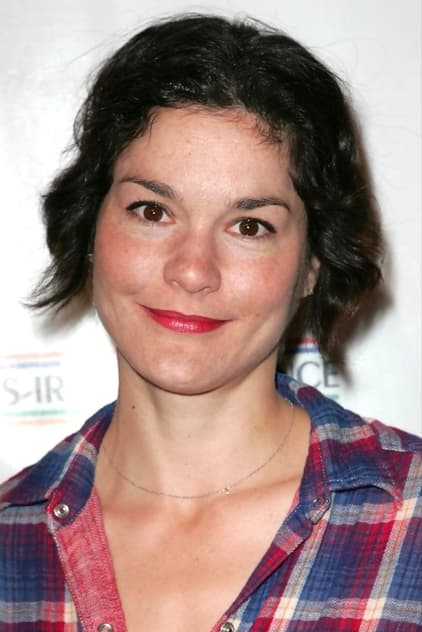
Heather Goldenhersh
Natalie (Secretary)

Alison Pill
Mrs. Mannix

Max Baker
Head Communist Writer

Fisher Stevens
Communist Writer
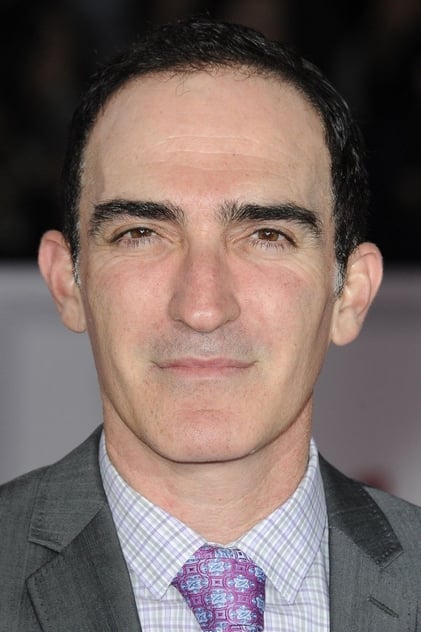
Patrick Fischler
Communist Writer
Tom Musgrave
Communist Writer

David Krumholtz
Communist Writer

Greg Baldwin
Communist Writer
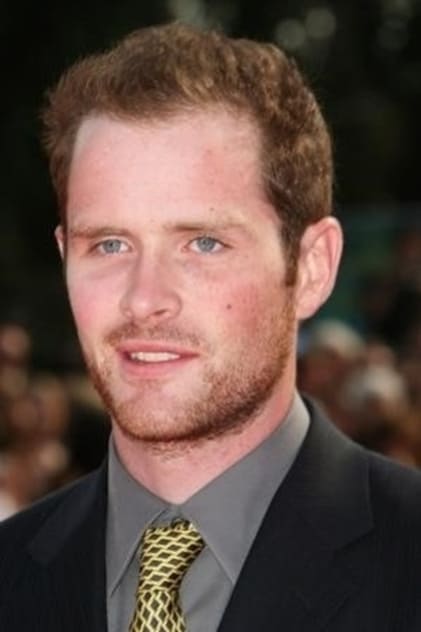
Patrick Carroll
Communist Writer

Fred Melamed
Communist Writer
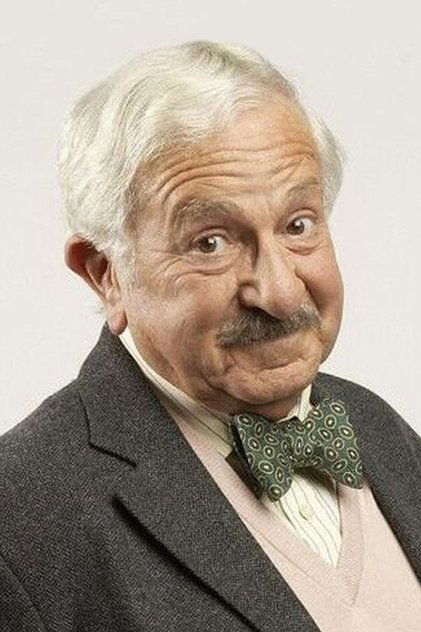
John Bluthal
Prof. Marcuse

Alex Karpovsky
Mr. Smitrovich
Armazd Stepanian
Eastern Orthodox Clergyman

Allan Havey
Protestant Clergyman
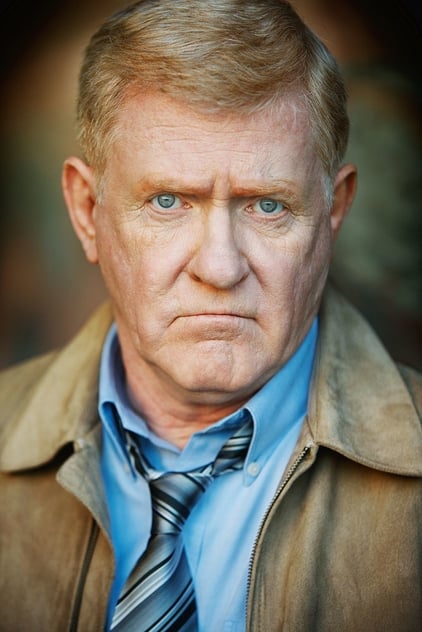
Robert Pike Daniel
Catholic Clergyman
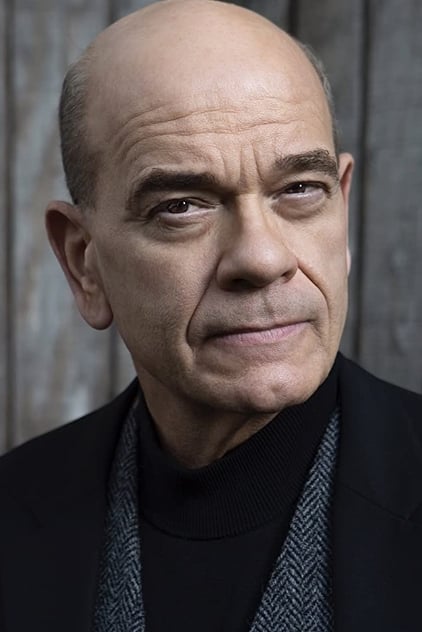
Robert Picardo
Rabbi
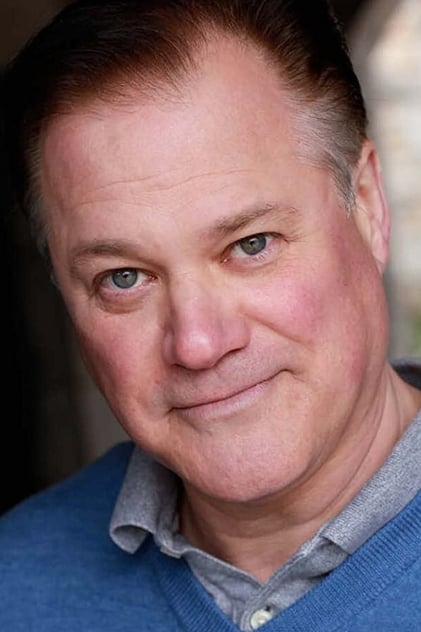
Ian Blackman
Cuddahy

Geoffrey Cantor
Sid Siegelstein
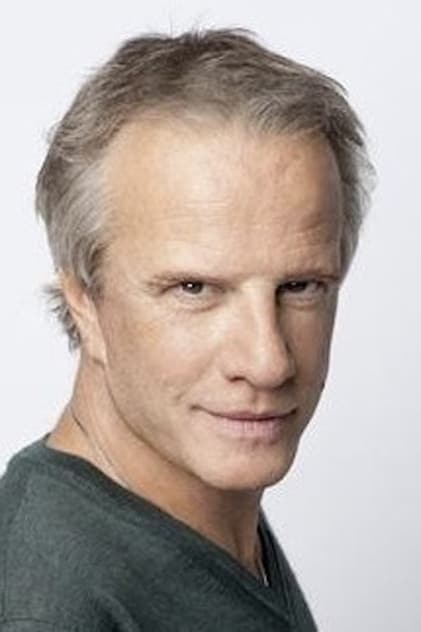
Christopher Lambert
Arne Seslum
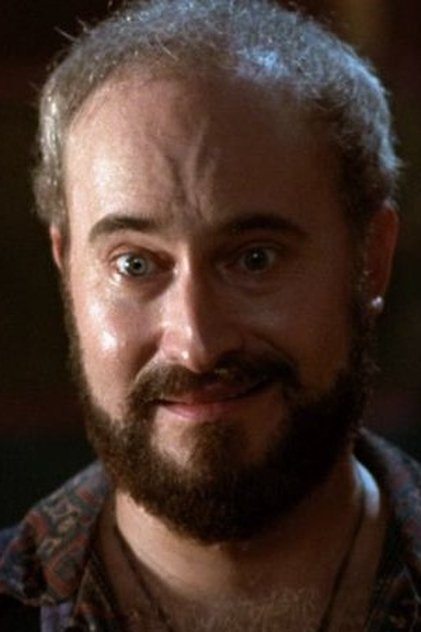
Robert Trebor
Producer of "Hail, Caesar!"
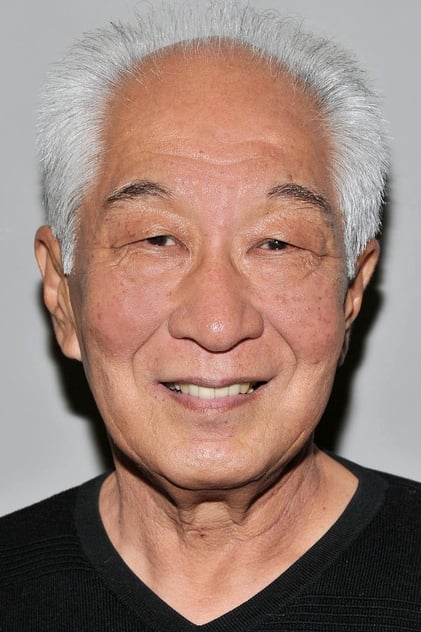
Michael Yama
Chinese Restaurant Maître D'

Ming Zhao
Chinese Restaurant Waitress

Helen Siff
Malibu Maid
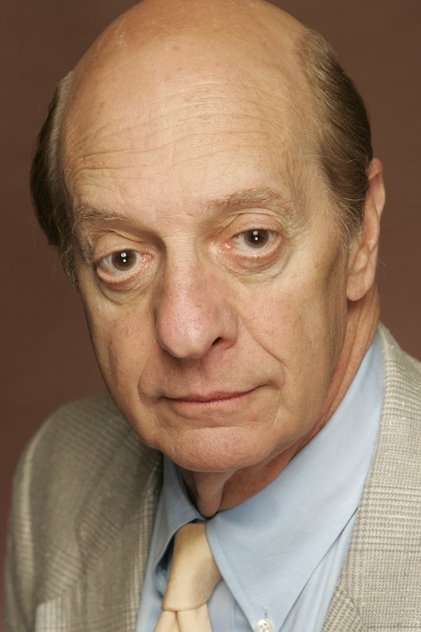
Basil Hoffman
Stu Schwartz (Accounting)

Luke Spencer Roberts
Peanut
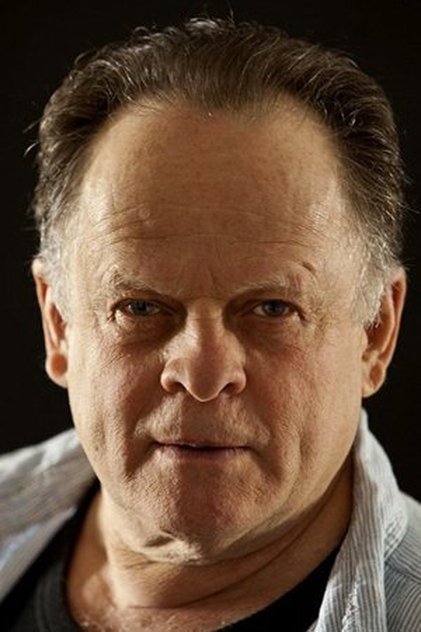
Ralph P. Martin
Director of Action Western

James Austin Johnson
Studio Assistant at Action Western

Noah Baron
Water Ballet P.A.

Timm Perry
Stage 8 Man at the Door
Noel Conlon
Scotty at the Gate

Natasha Bassett
Gloria DeLamour
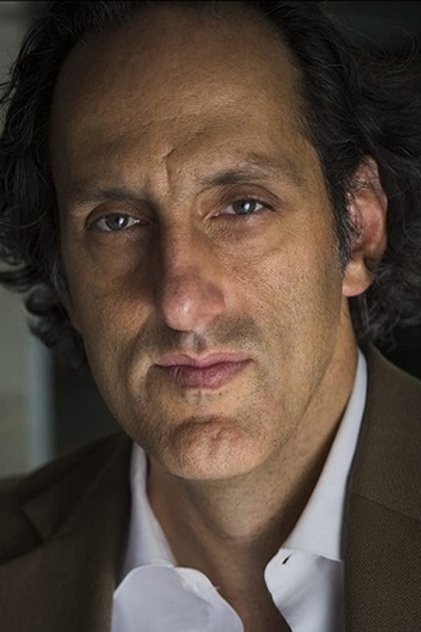
Richard Abraham
French Postcard Photographer

Jon Daly
Cop at French Postcard House
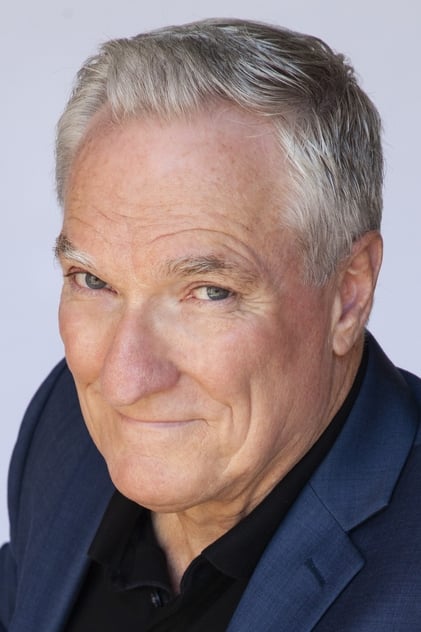
Dennis Cockrum
Cop at French Postcard House
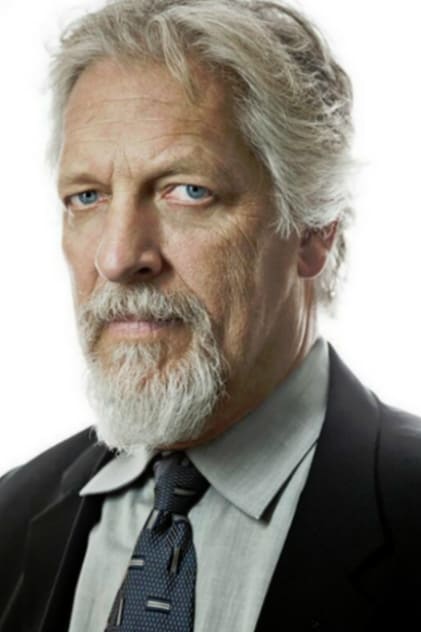
Clancy Brown
Gracchus
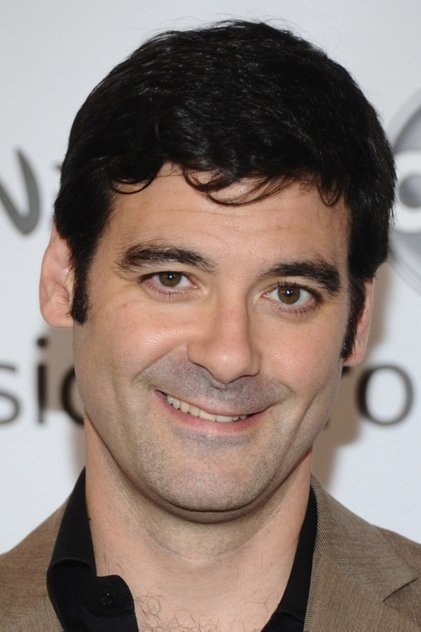
Mather Zickel
Chunk Mulligan

Tiffany Lonsdale
Ursulina

Clement von Franckenstein
Sen. Sestimus Amydias

Wayne Knight
Lurking Extra

Jeff Lewis
Lurking Extra
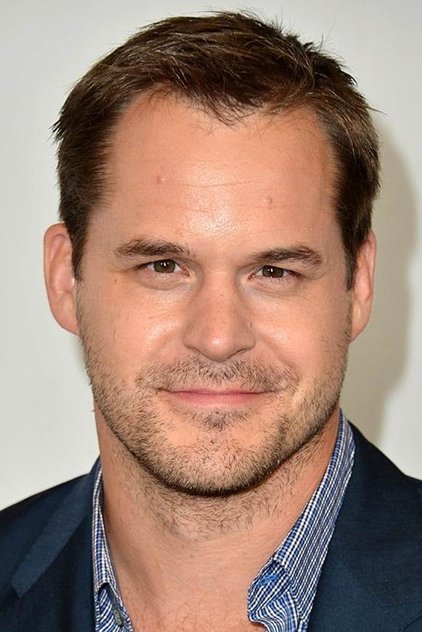
Kyle Bornheimer
Extras A.D.
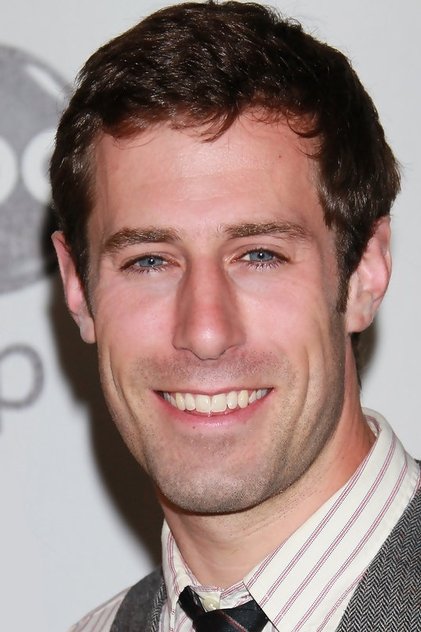
Josh Cooke
Box Breakfast A.D.

Peter Jason
Director

Stephen Ellis
Clapper Boy

Jillian Armenante
Script Girl
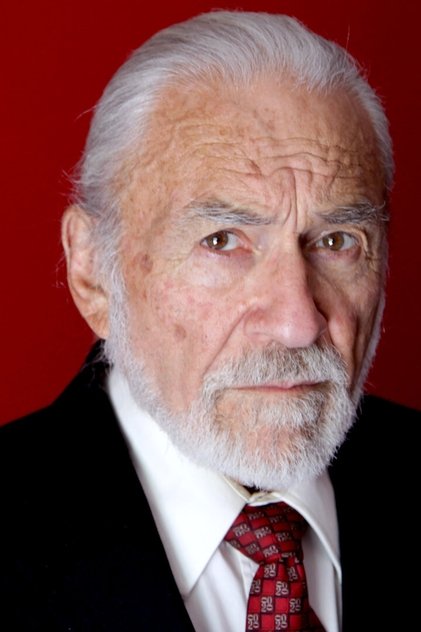
Jacob Witkin
Saul of Tarsus

Jack Huston
Cad in Cab

Agyness Deyn
Woman in Cab

Emily Beecham
Dierdre
Benjamin Beatty
Clapper Boy
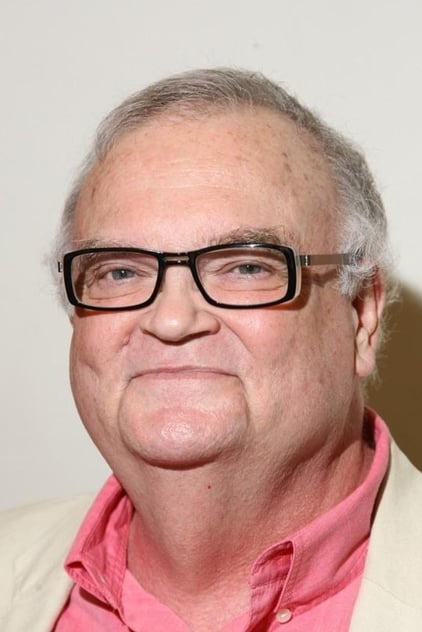
J.R. Horne
Curly

Caitlin Muelder
Cookhouse Woman

E.E. Bell
Bartender

Kate Morgan Chadwick
Departing Woman
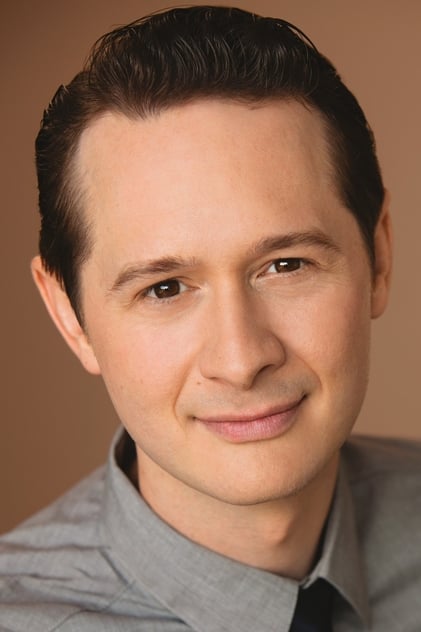
Brian Michael Jones
Sailor

Peter Banifaz
Sailor
Clifton Samuels
Sailor / Dancer
K.C. Reischerl
Sailor
Jeremy Davis
Dancer
Marcos Ochoa
Dancer
Colin Bradbury
Dancer
Ryan Breslin
Dancer

Tyler Hanes
Dancer
Casey Garvin
Dancer
Luke Hawkins
Dancer
Evan Kasprzak
Dancer

Patrick Lavallee
Dancer

Adam Perry
Dancer

Ryan VanDenBoom
Dancer
Alex Demkin
Dancer
Dax Hock
Dancer
Shesha Marvin
Dancer
Mark Stuart
Dancer
Forrest Walsh
Dancer
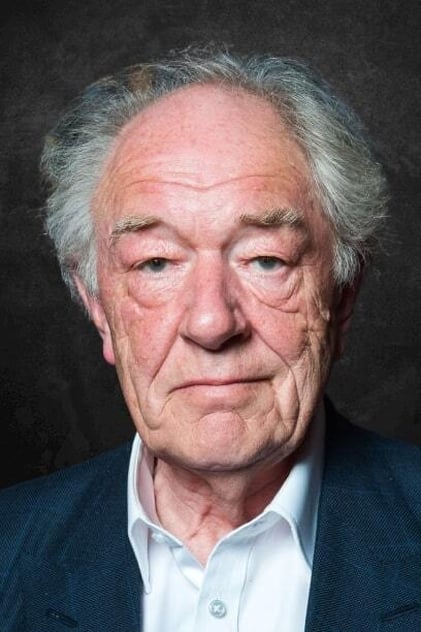
Michael Gambon
Narrator (voice)

Tomoko Karina
Imperial Garden Waitress (uncredited)

Dolph Lundgren
Submarine Commander (uncredited)
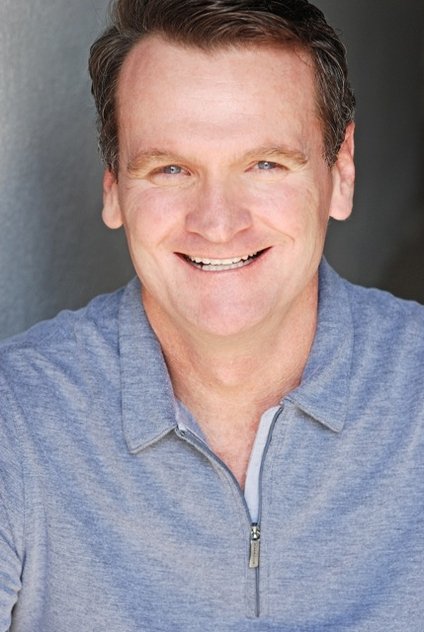
Dean England
Animal Handler (uncredited)
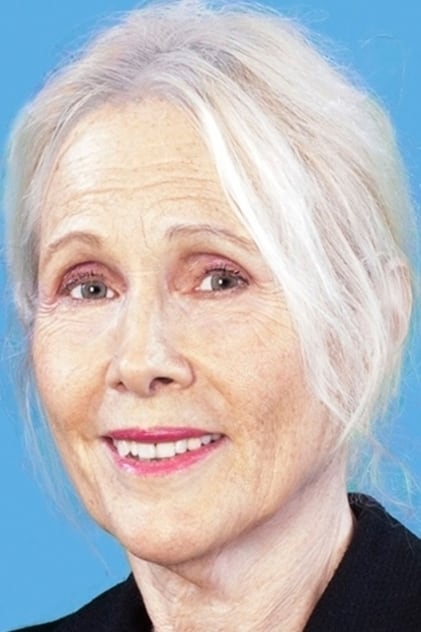
Sandy Mansson
Israelite (uncredited)

Jessee Foudray
Jonah's Daughter Harpist (uncredited)

Ryan Izay
'Merrily We Dance' Performer (uncredited)

Johnny Otto
Roman Officer (uncredited)

Sergio Kato
Roman Officer (uncredited)

Anibal Silveyra
Roman Officer

James Gregory
Slave (uncredited)

Josiah Black
Electrician (uncredited)
Crew
Director, Writer
Joel Coen
Director, Writer
Ethan Coen
Reviews
artisticritic
April 4, 2016
There’s a scene halfway through the film when Hobie Doyle (Alden Ehrenreich), a Western B-movie star, is cast in a fancy melodrama helmed by Laurence Laurentz (Ralph Fiennes). Doyle is hopelessly out of his element, hobbling about in his new suit–the switch was the studio’s idea in an effort to broaden Doyle’s appeal, much to Laurentz’s dismay. It’s not long before the two engage in a back-and-forth, Laurentz trying to get Doyle to pronounce “Would that it ‘twere so simple”, and Doyle trying desperately to appease Laurentz. After a lengthy exchange, both are left exacerbated. Much later in the film, we catch a glimpse of the final version, where Doyle and Laurentz compromise with a much simpler: “It’s…complicated.”
Complicated is exactly what’s at the heart of this situation. Laurentz’s increasing frustration with this obvious miscast and Doyle’s confusion may serve to fuel the slapstick comedy on exhibit, yet this scene alludes to so much more. It’s the inner mechanics of Hollywood, where directors are mere technicians and actors are props, all to be assigned and managed. It’s the clashing of proud classical Hollywood traditions of entertainment and escapism with the dreaded rise of message films and sophisticated art. It’s the contradictory nature of unfettered creativity with capitalism and consumerism, where compromise–and perhaps communism–seems to be the only way out.
This is just one slice of the screwball nature that is the Coen Brothers’ latest comedy, Hail, Caesar! There’s also a kidnapped Roman soldier, Baird Whitlock (George Clooney at his dimmest and greatest), a handsome sailor (Channing Tatum) and a beautiful mermaid (Scarlett Johansson). All opportunities–that the Coens gladly take–to simultaneously demonstrate the power and influence of cinema, while mocking its sense of self-importance.
Each scene is allowed to play out, Channing Tatum and his homoerotic musical number or Scarlett Johansson’s hypnotizing aquatic acrobatics. It’s not only an homage films of the Golden Era, but a demonstration of the mechanics that make film such an appealing medium. The Coen Brothers have a firm grasp on the allure behind each piece, using the acting, staging and costumes to propel Hail, Caesar! forward. It’s a simple concept–use filmmaking techniques to advance a theme and narrative, but by prioritizing these lengthy sequences over traditional narrative pacing or dialogue, the Coen Brothers give room for these fundamental concepts to breathe and thrive.
It’s all threaded together through Josh Brolin’s character, Eddie Mannix, studio fixer. And there’s a lot that needs fixing: a pregnant star, a discontent director, communism, threat from the future–the usual. It’s a packed schedule, and the film follows suit with a similarly hectic pacing. An array of symbols, innuendos and subversions are thrown at the viewer: Capital Studios butting with Das Kapital, Mannix being offered a role at Lockheed where they tout a more stable industry– weapon-making, or Whitlock staring at the audience as he addresses God. It borders on bombastic, but there’s just too much wit, and heart, here to discredit any of the ideas presented–fleshed out or not.
Hail, Caesar! doesn’t break new ground in the increasingly crowded sub-genre of Hollywood-on-Hollywood, but it hits a Goldilocks concoction between inside baseball cynicism and endearing love letter. Though all these antics, the Coen Brothers argue, quite convincingly, that everything in film matters, while also making a case for the futility and hollowness of anything produced on the grounds of Hollywood. So is this a nihilistic shrug at our attempt at defining and contextualizing or a fierce exhibition of the inherent power of Hollywood where life imitates art? Well, as Doyle would try to tell you, “Would that it ‘twere so simple.”
